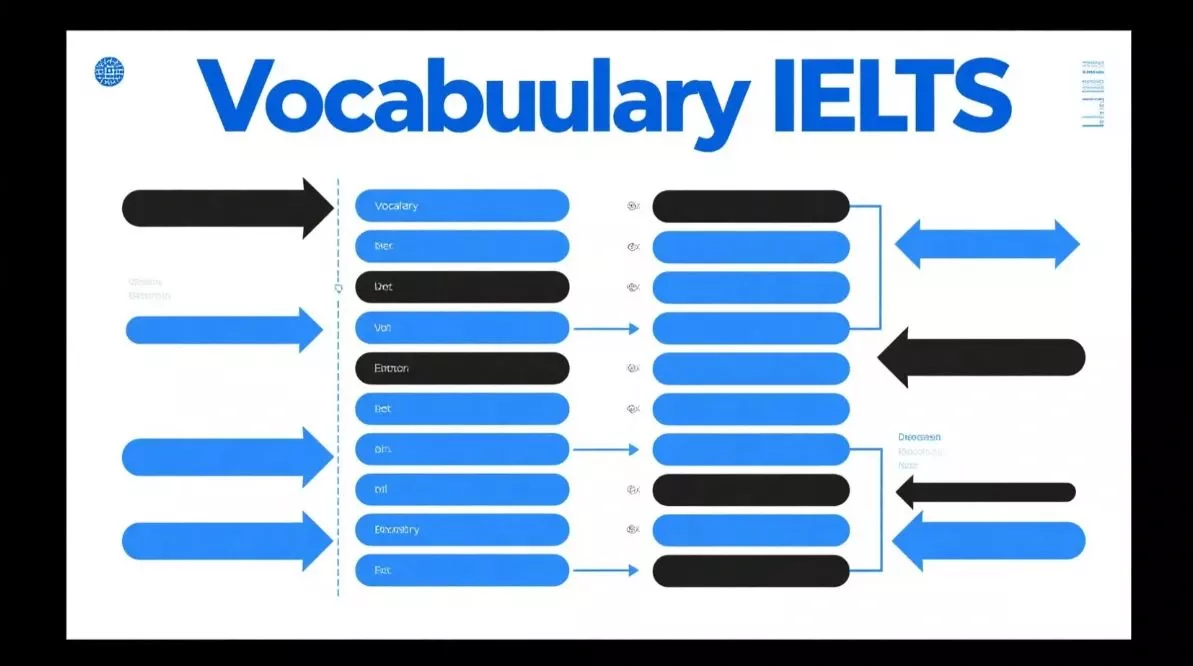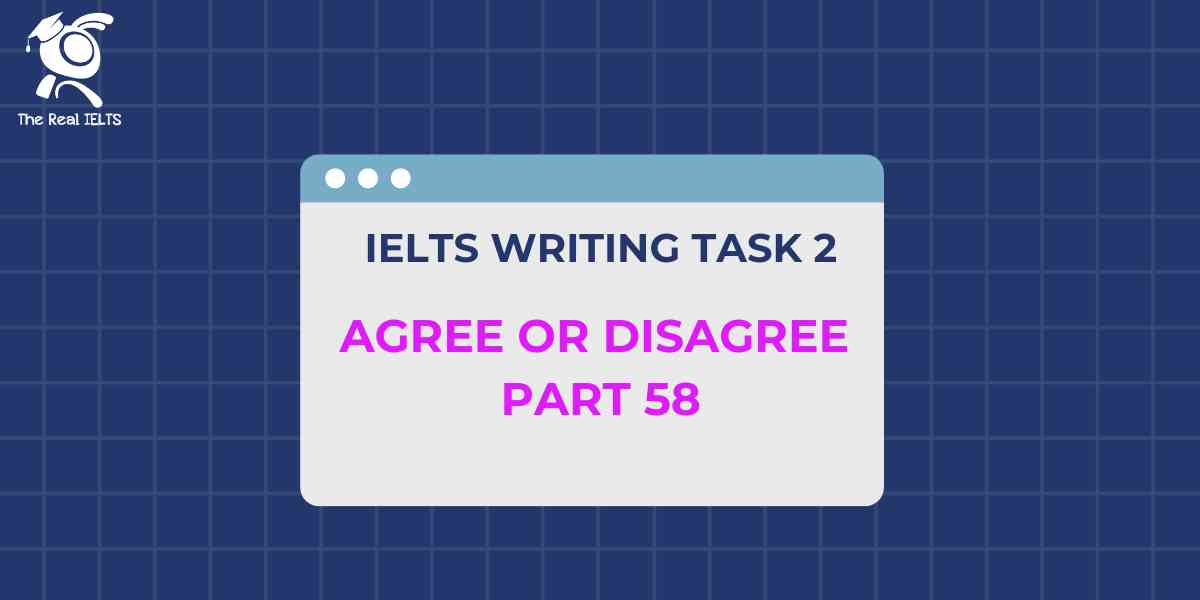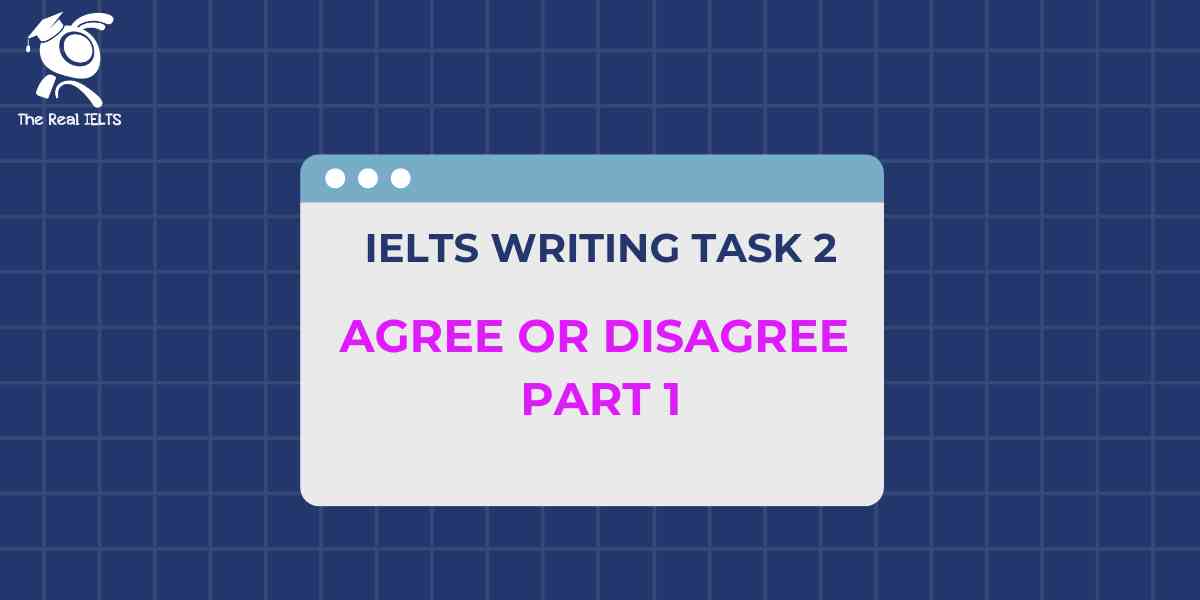Đề thi IELTS Reading có tiêu đề “The Role of Education in Economic Development”
Nhớ đọc thêm các bài luyện thi IELTS nhé.
IELTS Reading: “The Role of Education in Economic Development”
The Role of Education in Economic Development
Education is widely recognized as a key driver of economic development. It equips individuals with the knowledge, skills, and competencies needed to participate effectively in the labor market, fosters innovation, and promotes social cohesion, all of which are essential for sustained economic growth. This essay explores the critical role of education in economic development, highlighting its impact on productivity, poverty reduction, and social equality.
Firstly, education enhances productivity by improving the quality of the workforce. A well-educated workforce is more likely to adopt new technologies, engage in complex problem-solving, and improve efficiency in various economic sectors. For instance, countries with high literacy rates often exhibit higher levels of industrial and technological advancement, as educated workers can more easily adapt to new methods and innovations. This adaptability is crucial in a globalized economy where technological changes are rapid and constant. By investing in education, countries can create a more skilled workforce that can contribute to higher levels of productivity and economic output.
Moreover, education plays a vital role in poverty reduction. Access to education provides individuals from disadvantaged backgrounds with the opportunity to improve their socio-economic status. Education opens up higher-paying job opportunities, reduces income inequality, and enables people to break the cycle of poverty. Studies have shown that countries with higher levels of education tend to have lower poverty rates. For example, in many developing countries, initiatives to provide free or affordable education have led to significant reductions in poverty. Education empowers individuals to make informed decisions, improve their living conditions, and contribute to the economic development of their communities.
In addition to its economic benefits, education also promotes social equality, which is essential for sustainable development. Education reduces social disparities by providing equal opportunities for all individuals, regardless of their socio-economic background. This, in turn, leads to a more inclusive society where everyone has the chance to contribute to and benefit from economic growth. By fostering a sense of social responsibility and civic engagement, education helps build a more cohesive society, which is a foundation for long-term economic stability. Countries that prioritize education often experience greater social mobility and a more equitable distribution of wealth, which are critical components of sustainable economic development.
Furthermore, education stimulates innovation and entrepreneurship, which are key drivers of economic growth. A well-educated population is more likely to engage in research and development, leading to technological advancements and the creation of new industries. Innovation is crucial for maintaining a competitive edge in the global economy, and education is at the heart of fostering a culture of creativity and critical thinking. For example, countries that invest heavily in education and research, such as South Korea and Finland, have become leaders in innovation, with thriving technology sectors that contribute significantly to their economies.
Another important aspect of education’s role in economic development is its impact on health and well-being. Educated individuals are more likely to make healthier lifestyle choices, have better access to healthcare, and understand the importance of preventive measures. This leads to a healthier workforce, which is more productive and less likely to suffer from diseases that could hinder economic progress. Improved health outcomes, driven by education, contribute to lower healthcare costs and increased economic efficiency, further reinforcing the link between education and economic development.
Finally, education fosters global competitiveness by preparing individuals to participate in the global economy. In today’s interconnected world, economies are increasingly dependent on international trade and cooperation. A well-educated workforce is essential for countries to compete effectively on the global stage. Education provides the skills needed to engage in international business, understand global markets, and adapt to changing economic conditions. Countries that invest in education are better positioned to attract foreign investment, create high-quality jobs, and sustain economic growth in a competitive global environment.
In conclusion, education plays a pivotal role in economic development by enhancing productivity, reducing poverty, promoting social equality, stimulating innovation, improving health outcomes, and fostering global competitiveness. Countries that prioritize education are more likely to experience sustained economic growth and development. Therefore, investing in education is not only a moral imperative but also an economic necessity for any country seeking to improve its economic prospects and the well-being of its citizens.
Đề bài thi IELTS Reading
Multiple Choice Questions
- What is the primary focus of the essay?
- A) The role of education in personal development
- B) The impact of education on social mobility
- C) The role of education in economic development
- D) The challenges of global education systems
- According to the essay, how does education improve productivity?
- A) By increasing the number of workers
- B) By enabling workers to adopt new technologies
- C) By reducing working hours
- D) By lowering wages
- Which of the following is NOT mentioned as a benefit of education?
- A) Higher economic output
- B) Improved healthcare access
- C) Increased tourism
- D) Enhanced social cohesion
- The essay suggests that education reduces poverty by:
- A) Providing free food and shelter
- B) Offering higher-paying job opportunities
- C) Increasing global trade
- D) Lowering the cost of living
- Which countries are given as examples of those that have benefited from investing in education?
- A) South Korea and Finland
- B) Japan and Germany
- C) Brazil and Argentina
- D) Canada and Mexico
- What is the relationship between education and innovation according to the essay?
- A) Education hinders innovation
- B) Education has no impact on innovation
- C) Education stimulates innovation
- D) Education only benefits traditional industries
- How does education contribute to social equality?
- A) By increasing taxes on the wealthy
- B) By providing equal opportunities for all individuals
- C) By reducing the cost of higher education
- D) By promoting competition in the labor market
- Which of the following is a long-term benefit of education mentioned in the essay?
- A) Immediate economic growth
- B) Short-term financial gains
- C) Sustainable development
- D) Increased consumer spending
- The essay highlights that education can lead to better health outcomes because:
- A) Educated individuals are more likely to make healthier lifestyle choices
- B) Education provides free healthcare services
- C) Schools teach students about advanced medical procedures
- D) Education reduces the need for physical labor
- Why is global competitiveness mentioned in the context of education?
- A) It is irrelevant to the role of education
- B) It is only important for developing countries
- C) It is essential for participating in the global economy
- D) It leads to cultural exchange programs
True/False/Not Given
- The essay states that education alone can completely eliminate poverty.
- True
- False
- Not Given
- The essay mentions that countries with low literacy rates cannot innovate.
- True
- False
- Not Given
- According to the essay, education always leads to economic stability.
- True
- False
- Not Given
- The essay claims that healthcare costs are higher in countries with better education systems.
- True
- False
- Not Given
- The essay suggests that only developed countries benefit from investing in education.
- True
- False
- Not Given
- Education reduces income inequality according to the essay.
- True
- False
- Not Given
Yes/No/Not Given
- Does the author believe that education is the most important factor in economic development?
- Yes
- No
- Not Given
- Does the author think that education should be prioritized over healthcare?
- Yes
- No
- Not Given
- Does the essay suggest that education can directly lead to industrial advancement?
- Yes
- No
- Not Given
- Does the author express doubt about the effectiveness of education in reducing poverty?
- Yes
- No
- Not Given
Matching Information
- Match the following benefits with the relevant aspects of education:
- A) Enhanced productivity
- B) Poverty reduction
- C) Social equality
- D) Innovation stimulation
- E) Health improvement
ii) Provides higher-paying job opportunities
iii) Fosters a skilled workforce adaptable to new technologies
iv) Stimulates research and development
v) Reduces social disparities by offering equal opportunities
Matching Headings
- Match the headings to the appropriate paragraphs:
- A) The Role of Education in Productivity
- B) Education and Social Equality
- C) Global Competitiveness and Education
- D) Education and Health Outcomes
- E) Innovation Through Education
ii) Paragraph discussing education’s contribution to innovation
iii) Paragraph discussing the relationship between education and health
iv) Paragraph discussing how education fosters social equality
v) Paragraph discussing education’s role in global competitiveness
Matching Sentence Endings
- Education enhances productivity by:
- A) … offering free education to all.
- B) … enabling workers to use new technologies.
- C) … reducing working hours in factories.
- D) … lowering wage expectations.
- Social equality is promoted through education because:
- A) … it increases competition in the labor market.
- B) … it provides equal opportunities regardless of background.
- C) … it focuses on higher education.
- D) … it increases taxes on the wealthy.
- Innovation is stimulated by education as it:
- A) … leads to more research and development.
- B) … lowers the cost of technology.
- C) … limits the use of traditional methods.
- D) … increases consumer demand for new products.
Sentence Completion
- Education contributes to economic development by _______.
- A) reducing the workforce size
- B) enhancing productivity and innovation
- C) eliminating global trade barriers
- D) increasing taxes
- Access to education allows individuals from disadvantaged backgrounds to _______.
- A) pursue expensive hobbies
- B) improve their socio-economic status
- C) relocate to other countries
- D) reduce their working hours
- Countries that invest in education are better positioned to _______.
- A) decrease population growth
- B) attract foreign investment
- C) avoid international trade
- D) lower inflation rates
Summary Completion
- The role of education in economic development is crucial, as it enhances workforce _______ by improving adaptability to new technologies. Moreover, education plays a significant role in poverty reduction by offering _______ to disadvantaged individuals. Education also fosters social equality, which is essential for _______ development.
Short Answer Questions
- How does education improve productivity?
- What role does education play in poverty reduction?
- Why is social equality important for economic development?
- How does education stimulate innovation?
- Which countries are highlighted as examples of successful educational investment?
- What impact does education have on health outcomes?
True/False/Not Given (continued)
- The essay claims that education is irrelevant to economic development.
- True
- False
- Not Given
- According to the essay, education leads to immediate financial gains for individuals.
- True
- False
- Not Given
Diagram Label Completion
- Based on the essay, complete the following labels for a diagram illustrating the relationship between education and economic development:
- A) _______ leads to higher workforce productivity.
- B) _______ contributes to innovation and entrepreneurship.
- C) Education fosters _______ by reducing social disparities.
Matching Features
- Match the following countries with their specific attributes mentioned in the essay:
- A) South Korea
- B) Finland
- C) Japan
- D) Germany
ii) Invests heavily in education and research
iii) Exhibits high levels of industrial growth
iv) Focuses on social equality through education
Yes/No/Not Given (continued)
- Does the essay suggest that countries with low educational investment can still achieve economic development?
- Yes
- No
- Not Given
Đáp án bài thi IELTS Reading
Multiple Choice Questions
- C) The role of education in economic development
- B) By enabling workers to adopt new technologies
- C) Increased tourism
- B) Offering higher-paying job opportunities
- A) South Korea and Finland
- C) Education stimulates innovation
- B) By providing equal opportunities for all individuals
- C) Sustainable development
- A) Educated individuals are more likely to make healthier lifestyle choices
- C) It is essential for participating in the global economy
True/False/Not Given
- False (The essay states that education helps reduce poverty but does not claim it completely eliminates it.)
- Not Given (The essay does not explicitly mention countries with low literacy rates and their ability to innovate.)
- False (The essay discusses education’s contribution to economic stability but does not claim it always leads to it.)
- False (The essay suggests that education improves health outcomes and thus reduces healthcare costs.)
- False (The essay discusses the benefits of education for both developed and developing countries.)
- True (The essay states that education reduces income inequality by providing equal opportunities.)
Yes/No/Not Given
- Yes (The author implies that education is a key factor in economic development.)
- Not Given (The essay does not compare the importance of education and healthcare directly.)
- Yes (The essay suggests that education leads to industrial advancement by improving productivity and innovation.)
- No (The author supports the idea that education is effective in reducing poverty.)
Matching Information
- i) E) Health improvement
- ii) B) Poverty reduction
- iii) A) Enhanced productivity
- iv) D) Innovation stimulation
- v) C) Social equality
Matching Headings
- i) A) The Role of Education in Productivity
- ii) E) Innovation Through Education
- iii) D) Education and Health Outcomes
- iv) B) Education and Social Equality
- v) C) Global Competitiveness and Education
Matching Sentence Endings
- B) … enabling workers to use new technologies.
- B) … it provides equal opportunities regardless of background.
- A) … leads to more research and development.
Sentence Completion
- B) enhancing productivity and innovation
- B) improve their socio-economic status
- B) attract foreign investment
Summary Completion
- Workforce productivity
- Higher-paying job opportunities
- Sustainable development
Short Answer Questions
- Education improves productivity by equipping the workforce with skills to adopt new technologies and engage in complex problem-solving.
- Education plays a role in poverty reduction by providing higher-paying job opportunities and breaking the cycle of poverty.
- Social equality is important for economic development because it ensures that everyone can contribute to and benefit from economic growth.
- Education stimulates innovation by fostering research, development, and a culture of creativity.
- South Korea and Finland are highlighted as examples of successful educational investment.
- Education leads to better health outcomes by encouraging healthier lifestyle choices and improving access to healthcare.
True/False/Not Given (continued)
- False (The essay argues that education is highly relevant to economic development.)
- False (The essay mentions long-term economic benefits, not immediate financial gains.)
Diagram Label Completion
- A) Education leads to higher workforce productivity.
- B) Education contributes to innovation and entrepreneurship.
- C) Education fosters social equality by reducing social disparities.
Matching Features
- i) A) South Korea
- ii) B) Finland
- iii) A) South Korea
- iv) B) Finland
Yes/No/Not Given (continued)
- No (The essay suggests that education investment is critical for economic development.)
Luyện tập bài khác ở bài viết:”100 bài luyện IELTS Reading 2024 – 2025“















